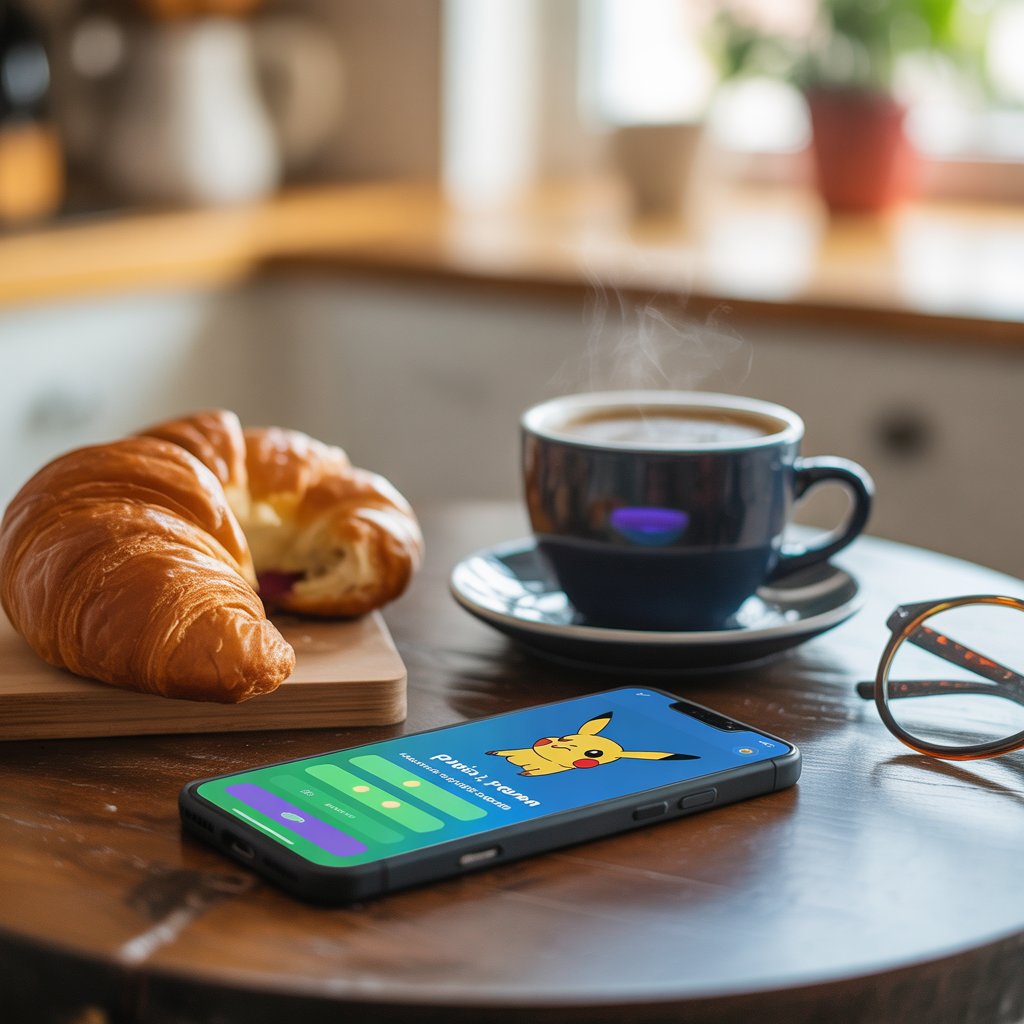Pokedle is a fan-created puzzle game that merges the beloved Pokémon franchise with the guessing mechanics made popular by Wordle. Instead of guessing a hidden word, players must identify a specific Pokémon each day using a series of clues. These clues can include information about the Pokémon’s generation, type, weight, height, or even its evolutionary stage. With a set number of attempts, players need to use logic, memory, and knowledge of the franchise to solve the puzzle. The concept is both simple and addictive, making it accessible to casual players while also offering depth for diehard fans.
Simple Yet Deep Gameplay
The structure of Pokedle is straightforward. Players type in the name of a Pokémon they believe could be the answer, and the game then provides feedback indicating which traits match and which do not. For example, if the chosen Pokémon shares the same type as the correct answer, the game will mark that as a match. If the height or generation is incorrect, it will point players in the right direction. This system encourages strategic thinking, as each guess should be informed by the feedback from previous attempts. Over time, players develop their own methods for narrowing down the possibilities quickly.
Multiple Game Modes for Varied Appeal
One of Pokedle strengths is the variety of modes available to keep gameplay fresh. The classic mode uses straightforward attribute matching to help players work toward the solution. Silhouette mode presents only the outline of the Pokémon, requiring players to rely heavily on visual recognition skills. Card mode gradually reveals a blurred image of a Pokémon trading card, testing observation and patience. Description mode provides a short Pokédex-style entry that players must interpret to figure out the correct Pokémon. This variety ensures that Pokedle never feels repetitive and caters to different playing styles.
Why Pokedle Resonates with Fans
Pokedle has become a daily ritual for many Pokémon fans. Much like Wordle, the once-a-day format builds anticipation and gives players something to look forward to. It also taps into nostalgia, allowing older fans to relive memories from earlier generations of the franchise while introducing newer players to Pokémon they might not have encountered before. The social element is also strong, as players enjoy sharing their results, discussing strategies, and comparing experiences with friends or online communities.
Strategic Play: How to Excel in Pokedle
To improve at Pokedle, players should start with a Pokémon that offers a wide spread of traits. Choosing a well-known, mid-generation Pokémon can help maximize the information gained from the first guess. From there, players should carefully analyze feedback on type, height, and other attributes to make informed decisions for the next guess. In silhouette mode, focusing on unique features such as tails, ears, or wings can quickly narrow the field. In description mode, paying attention to habitat, abilities, or behavior mentioned in the clue can be key to success.
Educational and Cognitive Value
While Pokedle is designed for entertainment, it also offers cognitive benefits. Remembering details about hundreds of Pokémon improves memory and recall skills. The logical deduction required to solve the puzzle enhances critical thinking. Younger players can improve their spelling and reading comprehension, while older players benefit from the challenge of applying franchise knowledge in new ways. This blend of fun and mental exercise contributes to Pokedle’s long-term appeal.
Community Engagement and Shared Experience
One of the hallmarks of Pokedle’s popularity is the sense of community it fosters. Players often post their scores on social media, without revealing the answer, to see how their friends performed. This creates friendly competition and encourages ongoing participation. Online forums and fan groups also host discussions about particularly tricky puzzles, alternative strategies, and favorite game modes. This shared experience strengthens the connection between fans and keeps interest alive.
Accessibility and Everyday Play
Pokedle is browser-based and works smoothly on both mobile and desktop devices. The interface is clean and easy to navigate, making it accessible for players of all ages. The game does not require downloads or special software, and it can be played in just a few minutes a day. This ease of access is part of why Pokedle has spread so quickly—anyone can start playing without hassle, whether they are a lifelong fan or new to Pokémon.
Pokedle in Pokémon Fandom Culture
The game reflects the enduring cultural impact of Pokémon. With over two decades of games, anime, trading cards, and merchandise, the franchise has built a rich world for fans to explore. Pokedle draws on this wealth of content, making it a celebration of the series’ history. It connects different generations of players, from those who began with the original 151 Pokémon to younger fans introduced through recent games. This intergenerational appeal makes Pokedle more than just a puzzle—it’s a shared cultural touchstone.
The Future of Pokedle and Related Experiences
As Pokedle continues to grow in popularity, new features and variations are likely to appear. Special themed weeks, focusing on specific Pokémon types or regions, could add new challenges. Leaderboards and timed modes might encourage competitive play. Developers could also explore integrating the game with other fan-made Pokémon content, such as quizzes, trivia challenges, or collaborative community events. Whatever direction it takes, the core appeal of Pokedle—combining puzzle-solving with Pokémon fandom—is likely to endure.

